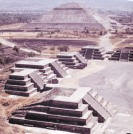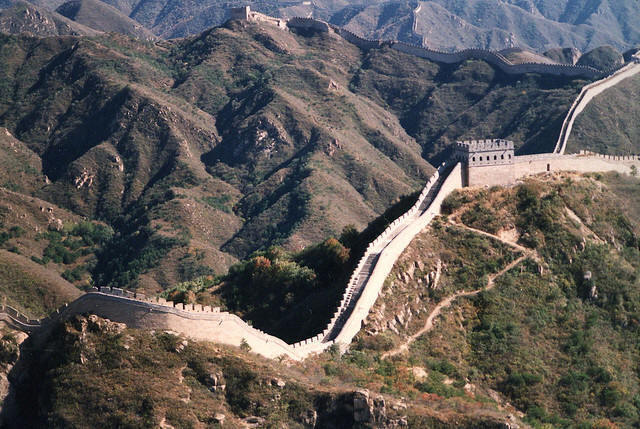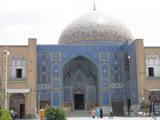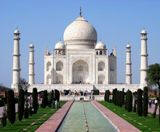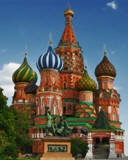Thematic Description
In times of conflict, peace and reconciliation become both
urgent and elusive in shaping individuals, communities, and
nations to return to stability and normality. The meaning of
peace transcends mere absence of violence, for it is a
holistic state where harmony, security, and respect are
looked upon by all parties. However, achieving peace in
conflictual times is often a complex process that requires
more than a ceasefire or temporary truce; it demands
deep-seated changes in attitudes, behaviors, and
relationships among conflicting parties. Reconciliation,
which is essential and fundamental to peace, is the process
through which adversaries come to terms with past grievances
and injuries. It enables them to move forward in mutual
acceptance and respect for coexistence. Together, peace and
reconciliation form a framework for healing and rebuilding
communities marked by division, distrust, and trauma.
Peace, in its fullest sense, implies freedom from fear and
the presence of justice, equality, and opportunity for all
individuals within a community. True peace cannot exist
without addressing the underlying causes of conflict, such
as social injustice, economic disparity, political
oppression, etc. This is where reconciliation becomes
crucial. Reconciliation is more than a symbolic gesture; it
is a transformative process that includes acknowledgment of
wrongdoings, accountability, forgiveness, and sometimes
reparation. The path to reconciliation requires building
trust, creating shared stories, and fostering empathy.
In times of conflict, peace and reconciliation are of
crucial significance as means for healing fractured
societies. They are the foundation for building inclusive
and resilient communities where all members feel respected,
valued, and safe. Peace without reconciliation risks being
superficial, potentially reigniting conflict when grievances
remain unaddressed. Conversely, reconciliation without peace
may falter if hostilities are ongoing. The synergy between
the two allows peoples, communities, and societies to
imagine a future beyond conflict and confrontation, but
coexist in mutual understanding and respect. Thus, peace and
reconciliation are both the means and the destination that
encourage people to transform confrontation and conflict
into opportunities for unity, development, and prosperity.
This conference will focus on the following issues:
- Is
it possible to promote peace and reconciliation in
conflictual times?
- What
does peace and reconciliation mean in different cultures and
civilizations?
- Can religious institutions help avoid
conflicts and wars?
- What roles do traditional religions play in
the process of building peace and achieving reconciliation?
- Is it possible to have coexistence in
complex political situations?
- What does a just peace mean in Central and
Eastern Europe?
- Can
traumas affect peace and reconciliation?
- What are the new socio-political and
economic policies for the political transformation in
Central and Eastern Europe?
Abstract
Please send an abstract (300 to 500 words) and a brief CV to Dr.
Dawid Stelmach [dawid.stelmach@amu.edu.pl] and
[cua-rvp@cua.edu] by April 30, 2025. Full paper will be due
on May 20, 2025. Well-developed papers will be published by
the Council for Research in Values and Philosophy in its
publication series “Cultural Heritage and Contemporary
Change.”
Logistics
There is no registration fee. Conference
participants will cover the costs of their own travel. For
accommodations contact the local conference organizer [dawid.stelmach@amu.edu.pl]. The
conference will be conducted in English.
Contact
Dr.
Dawid Stelmach
Adam Mickiewicz University
Poznan, Poland
dawid.stelmach@amu.edu.pl
